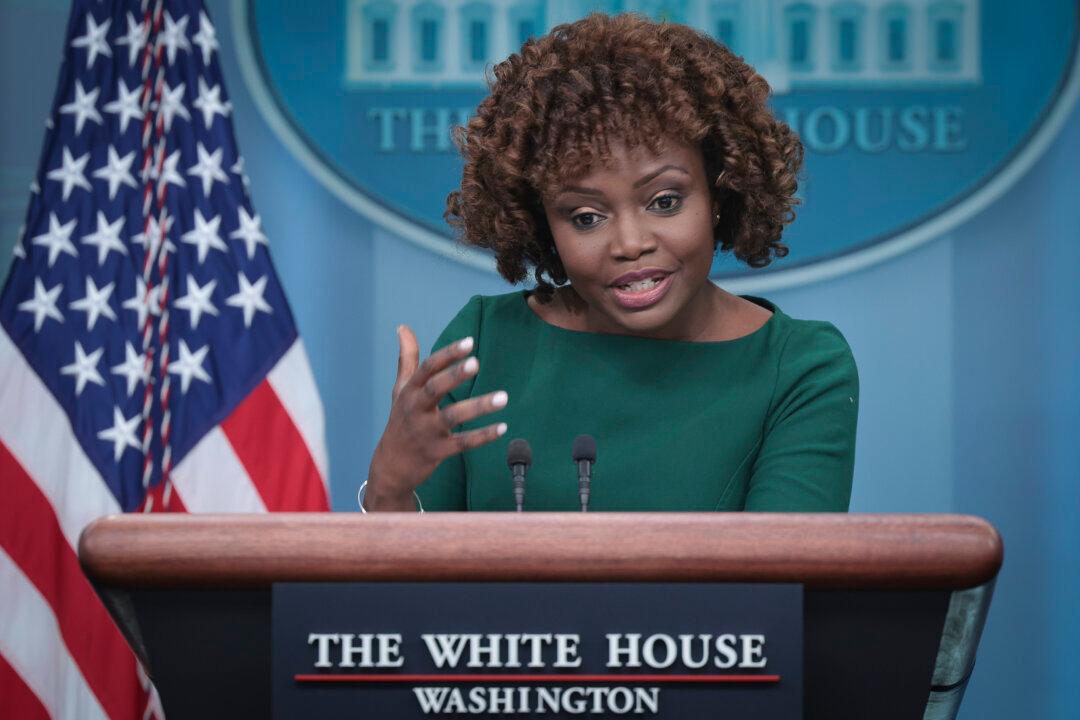President Joe Biden will meet with Chinese leader Xi Jinping in the upcoming San Francisco summit, the White House has confirmed.
“We have said that we want to move forward with China,” White House press secretary Karine Jean-Pierre said in a back-and-forth press briefing on Oct. 31. “Intense competition means intense diplomacy.”





